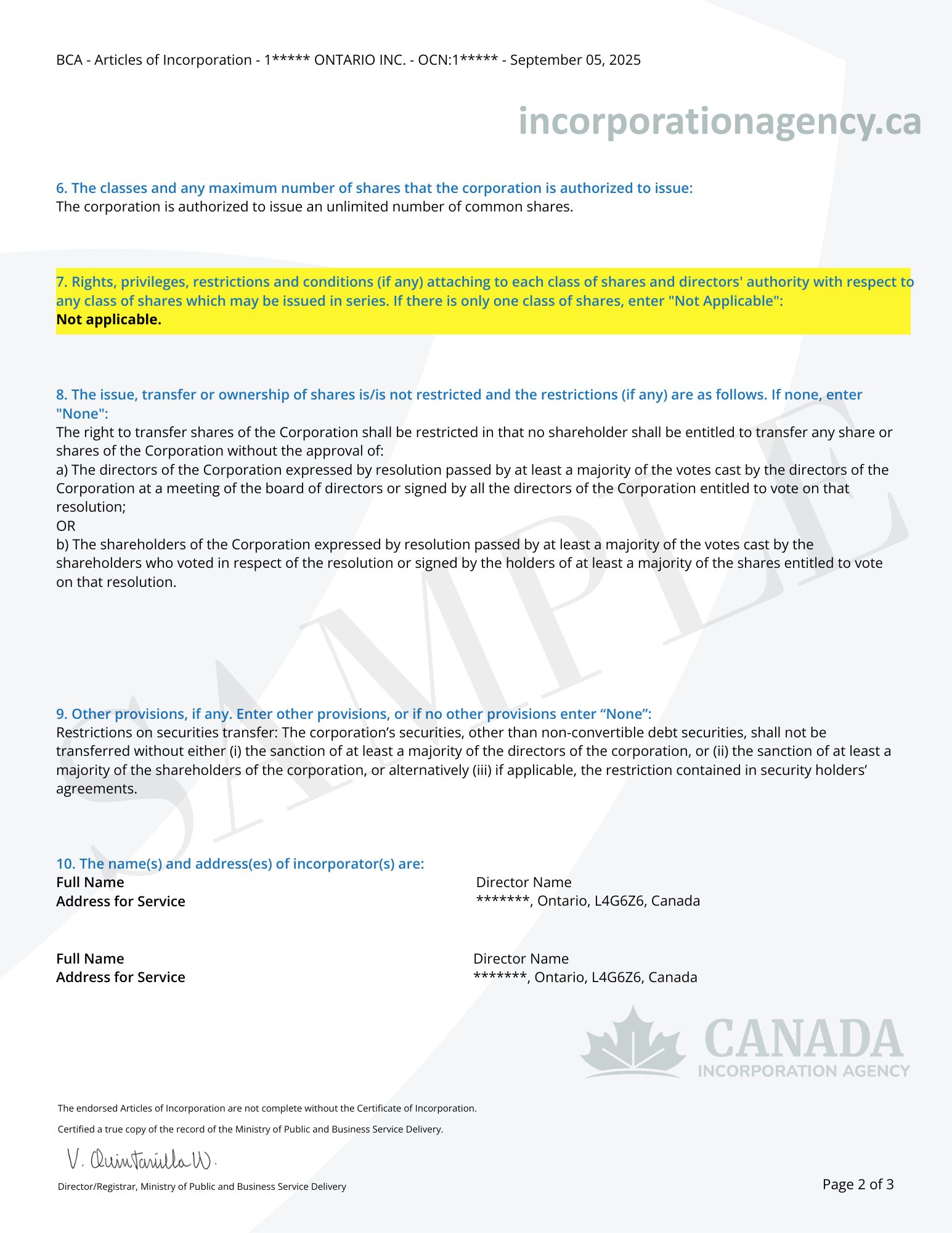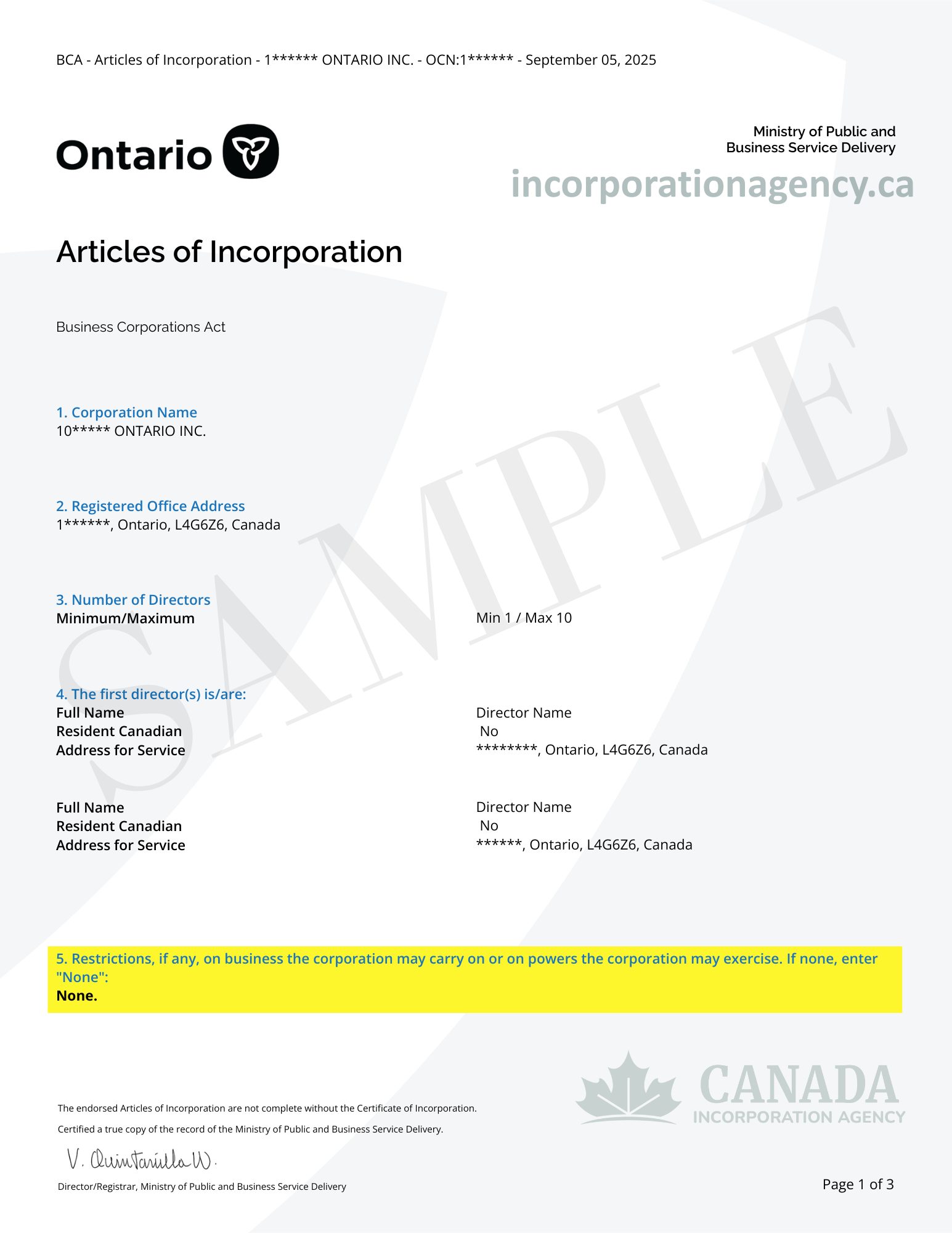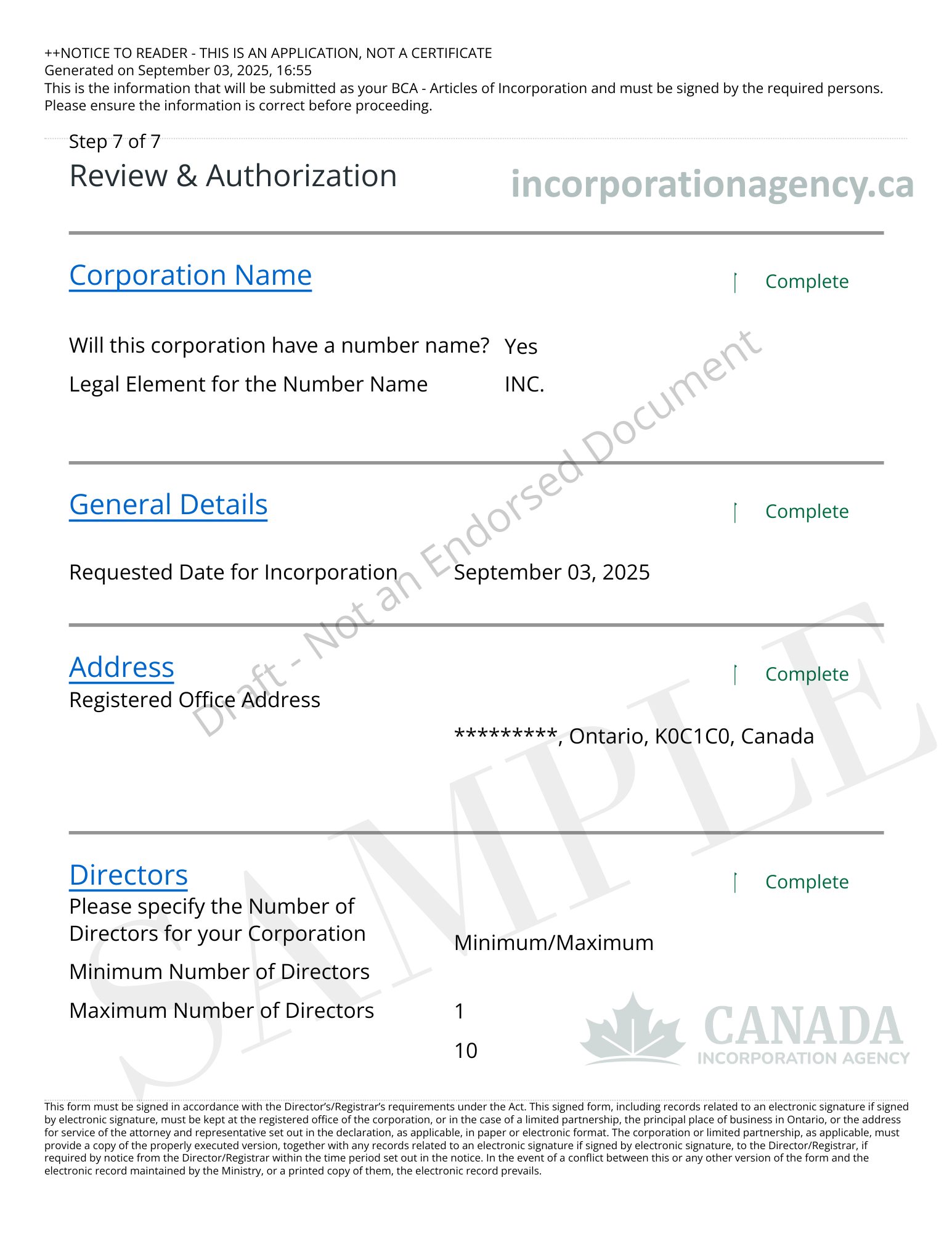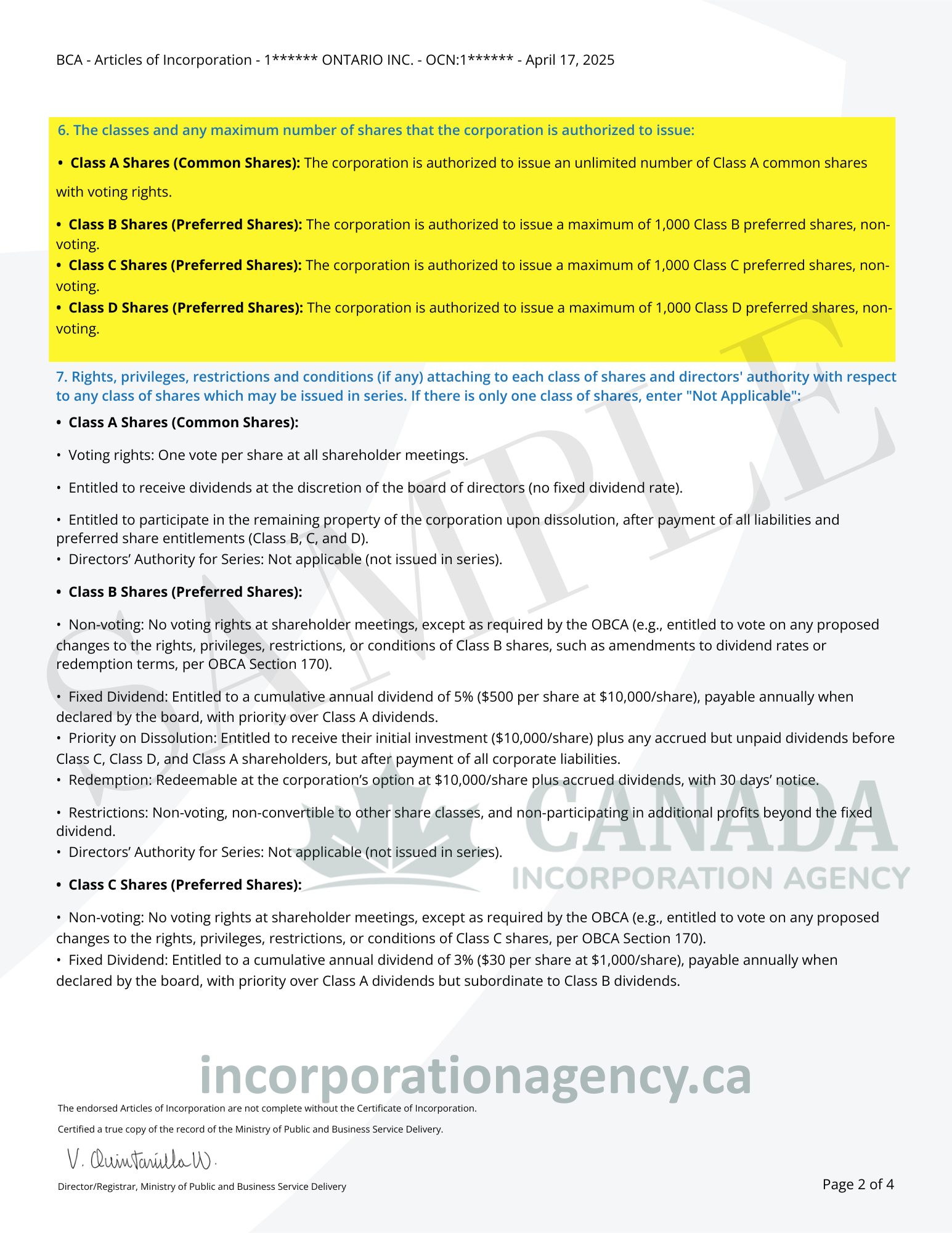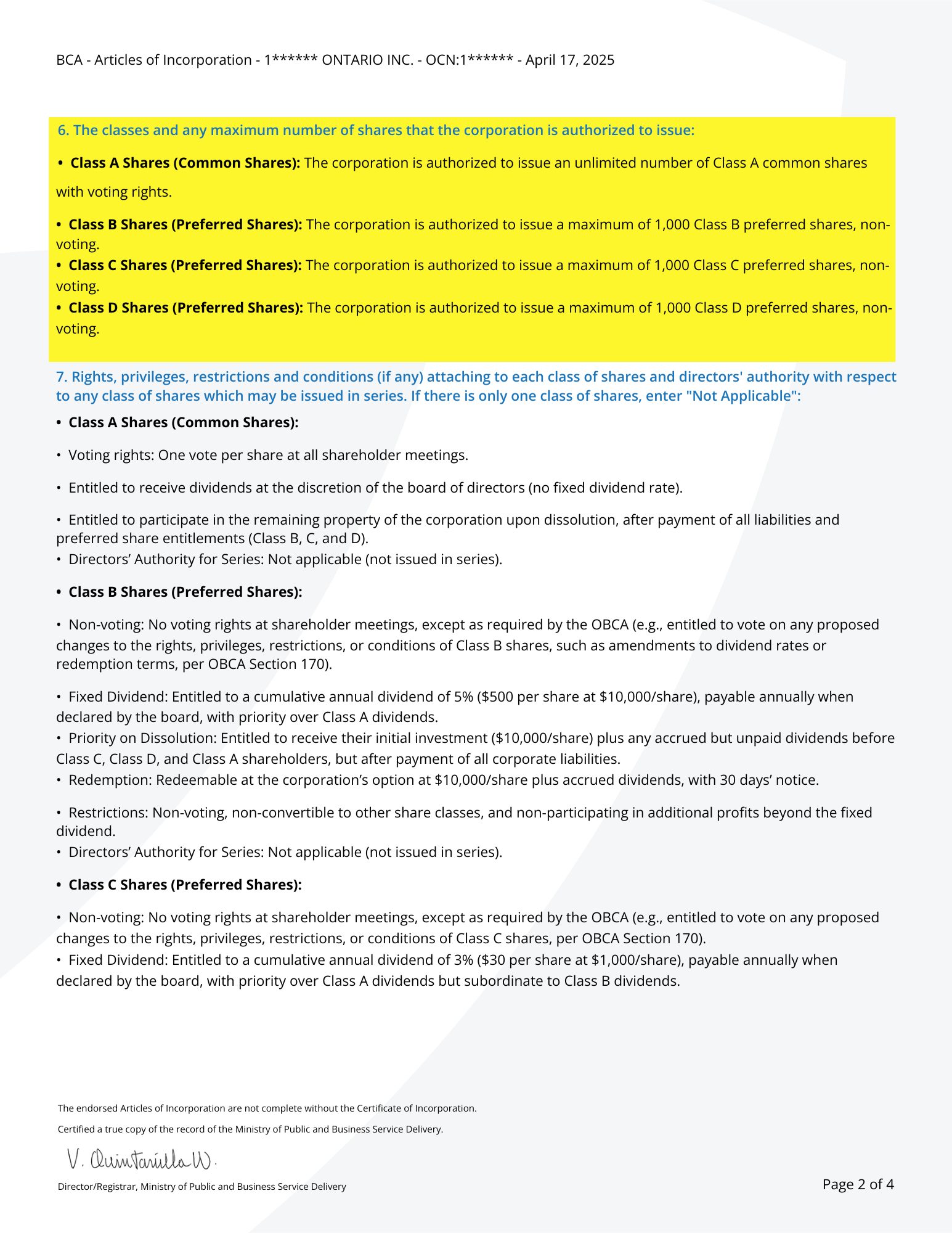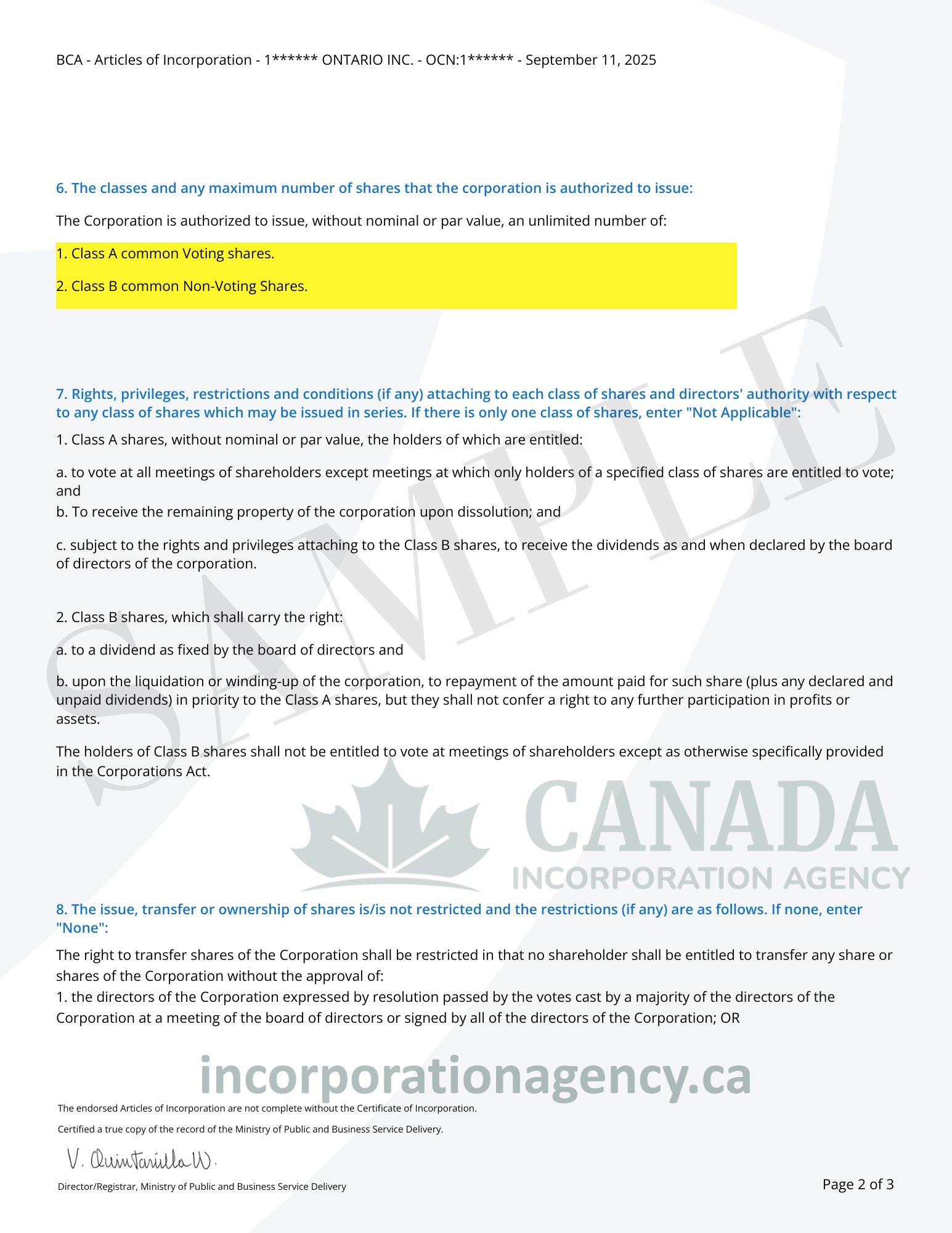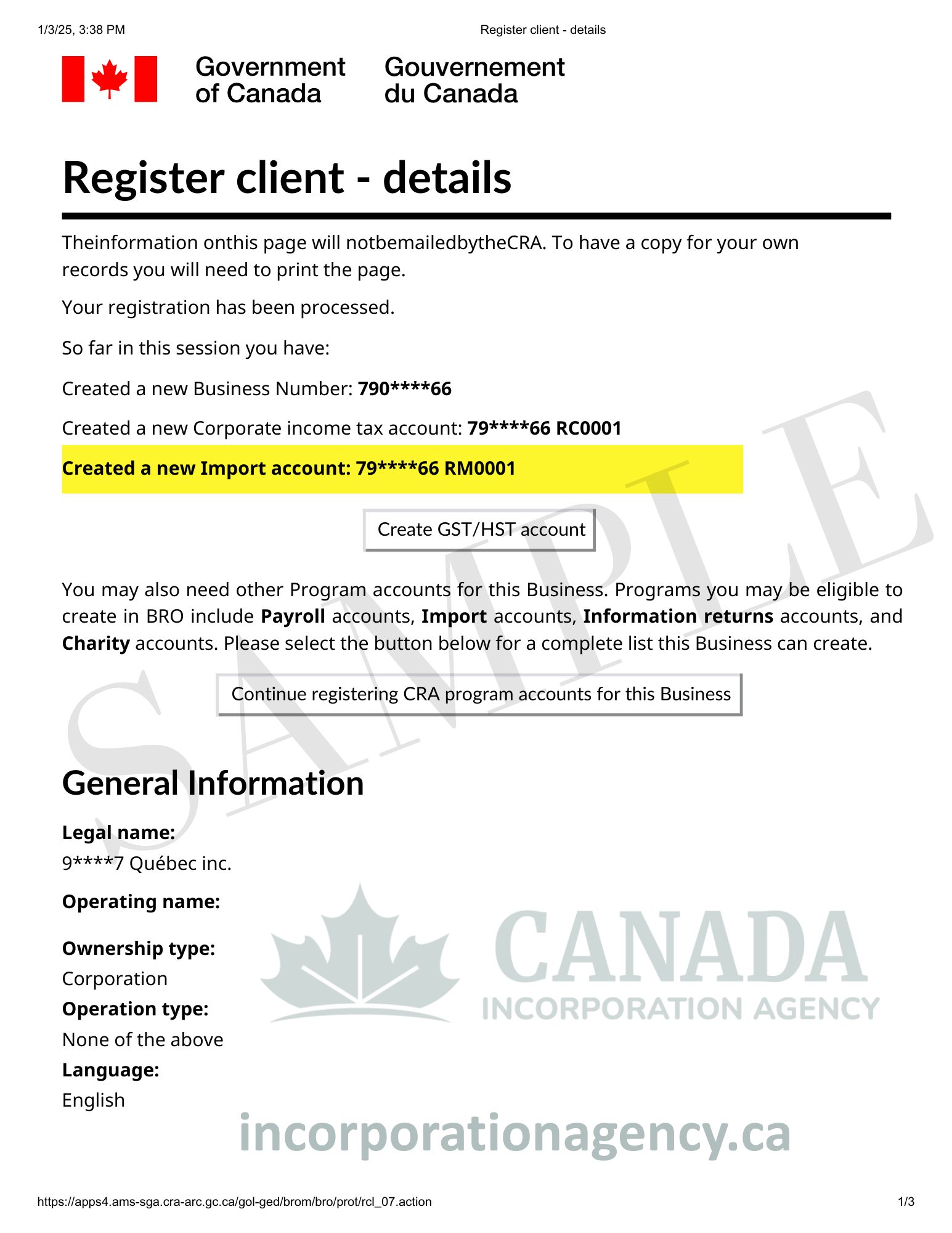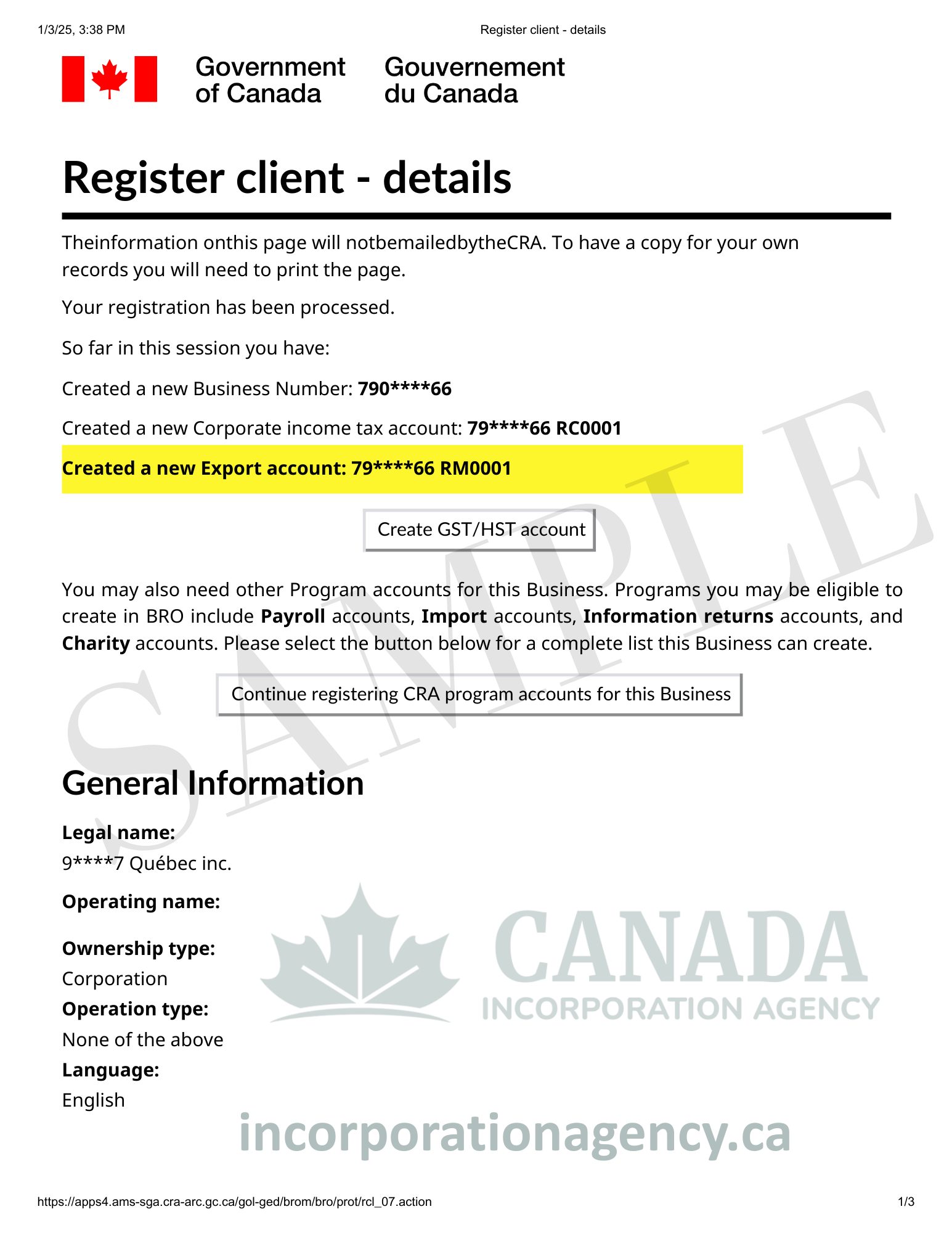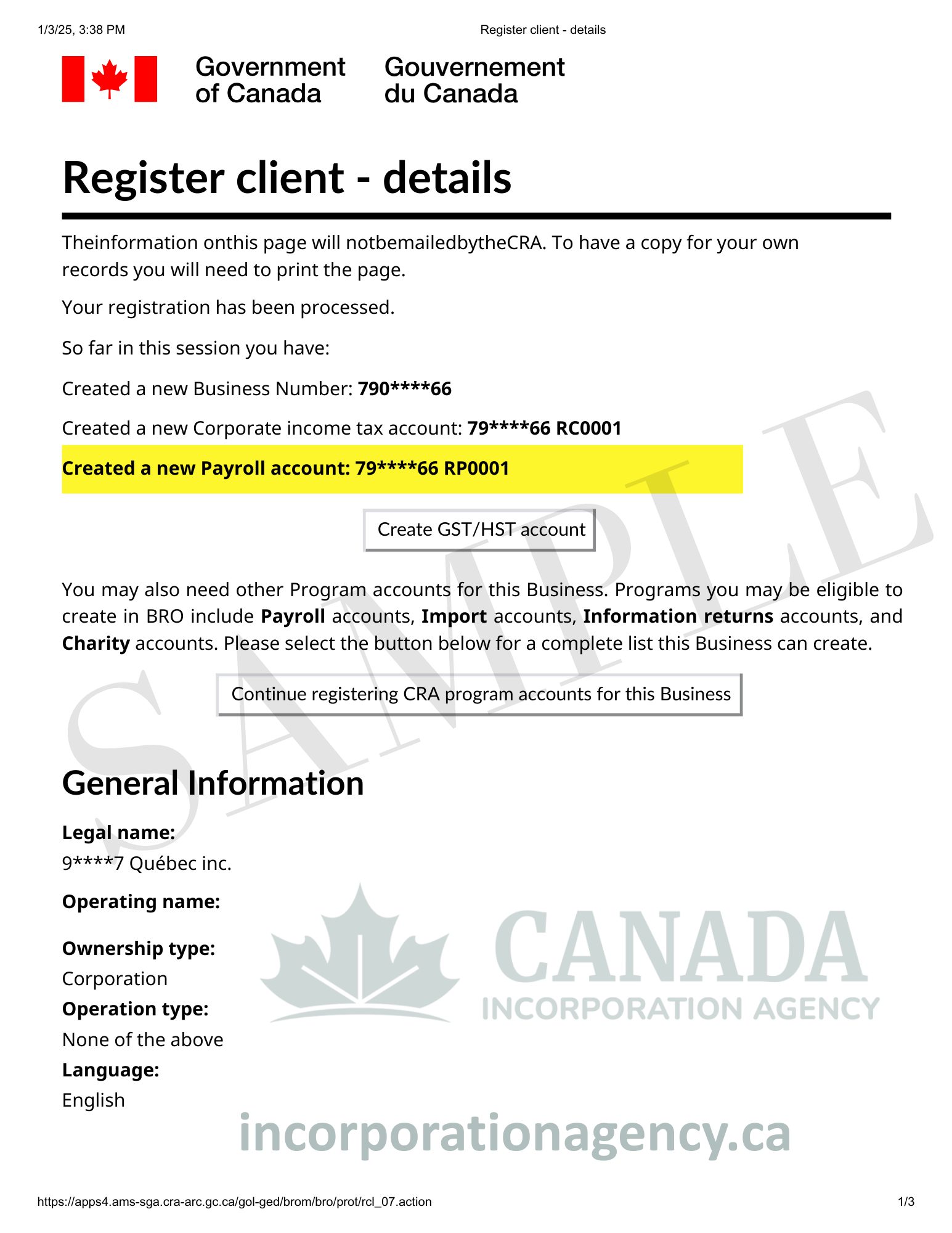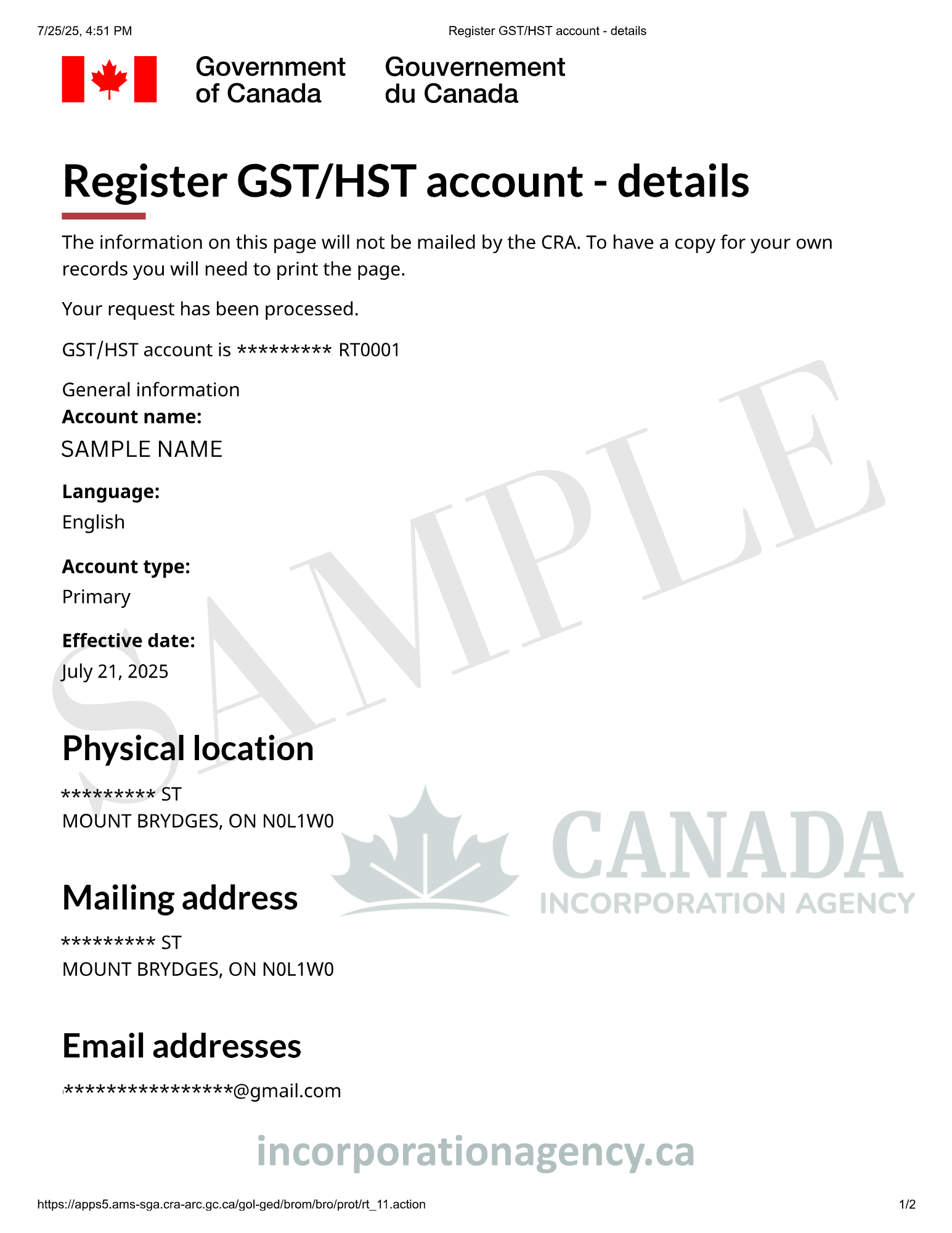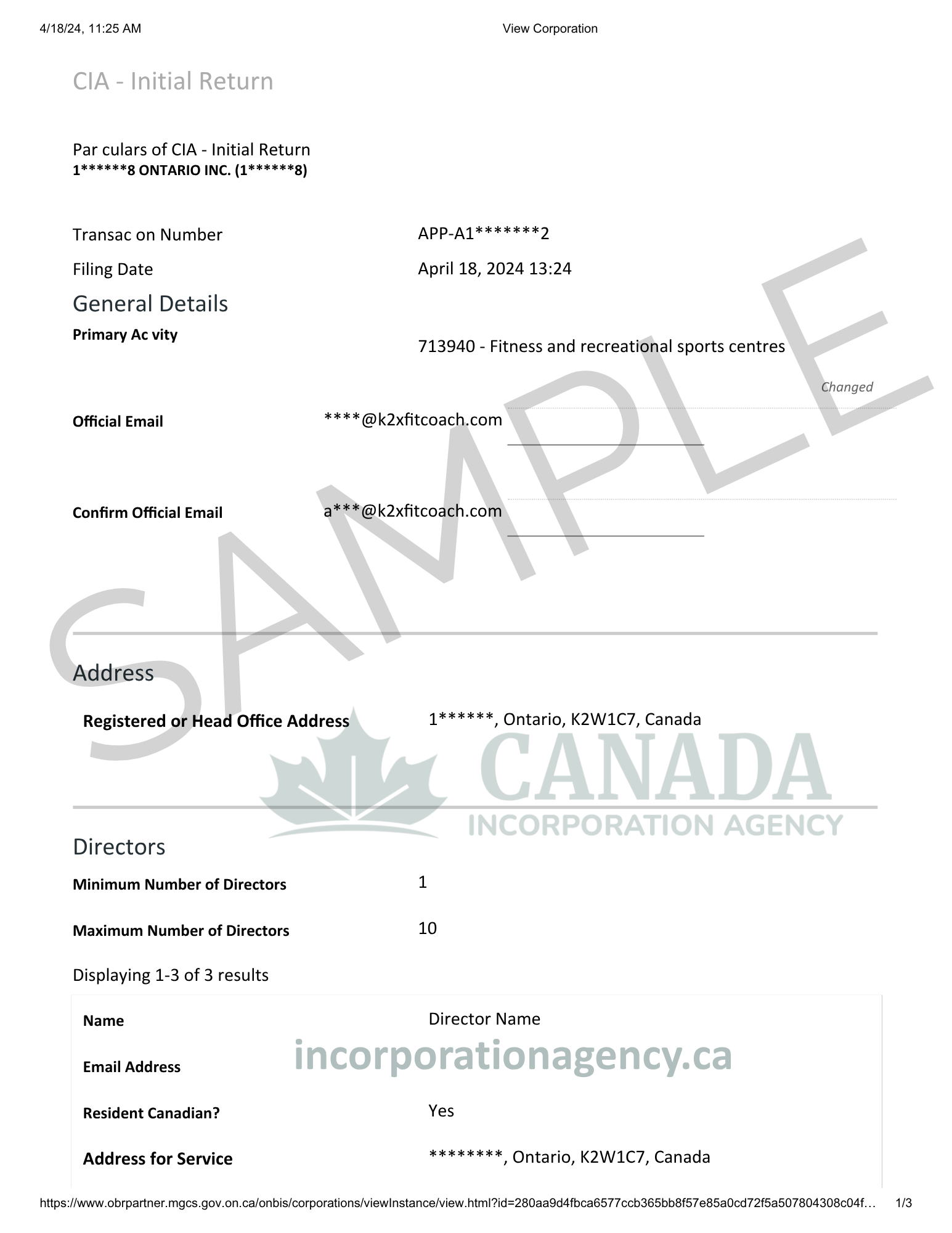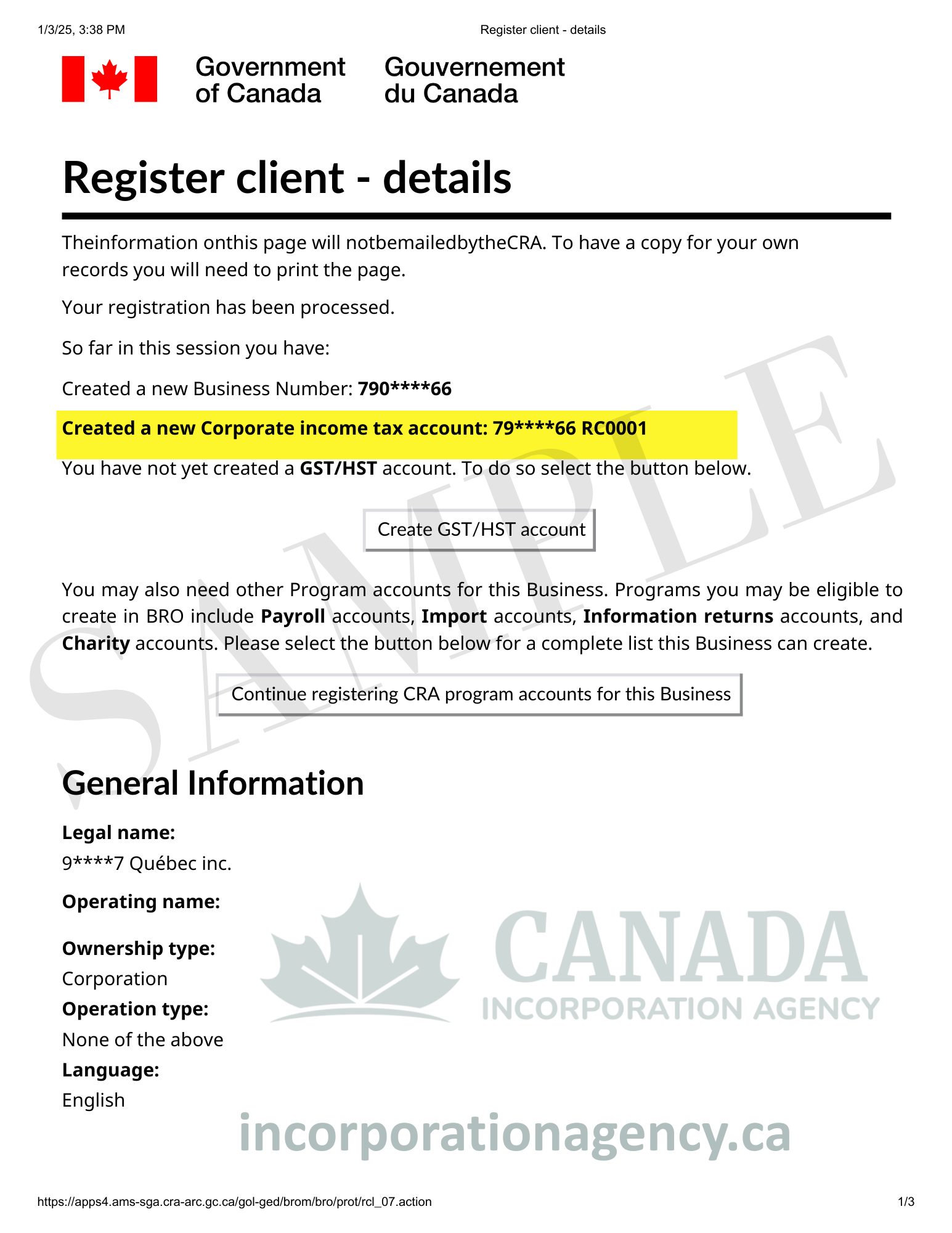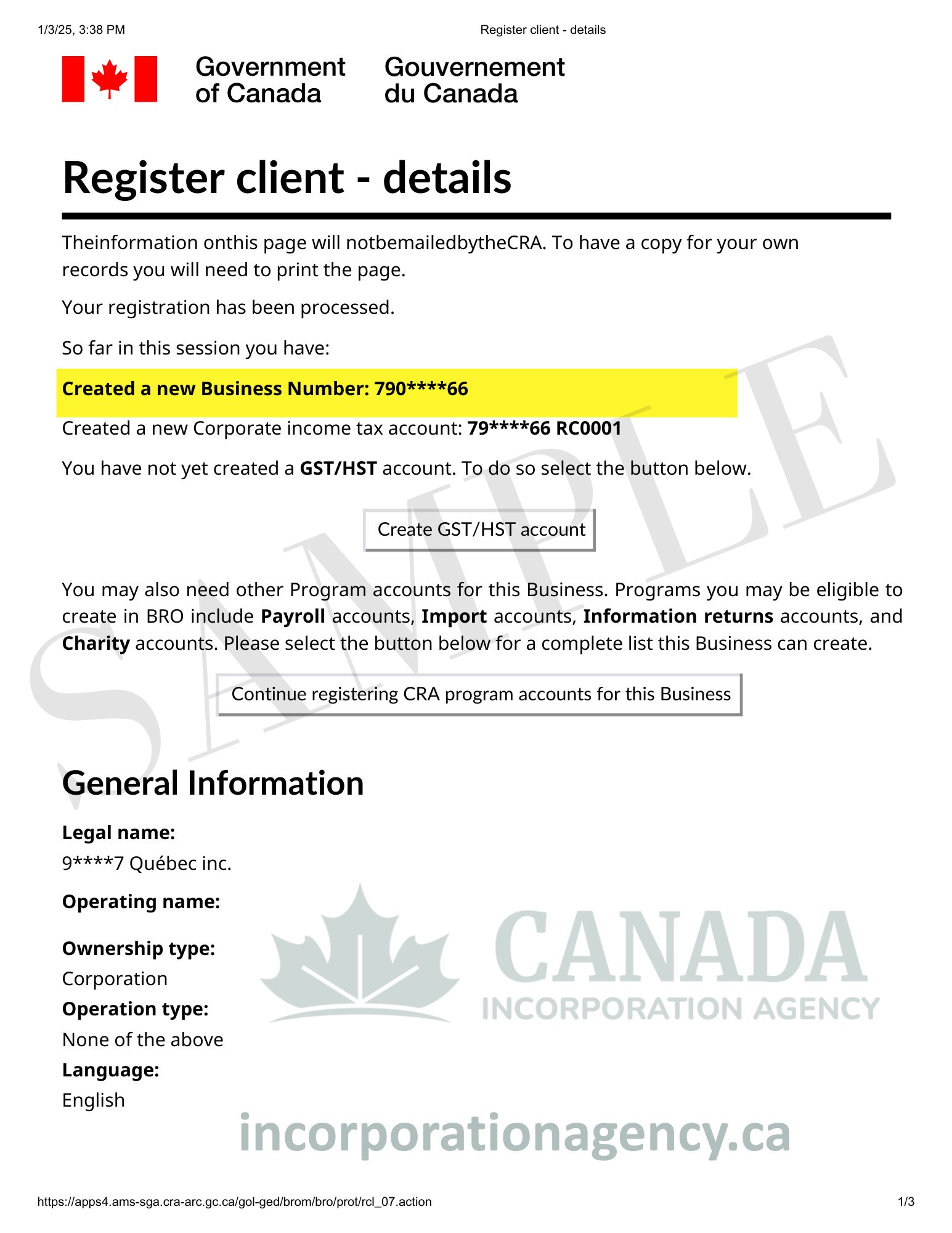If you’re a real estate agent in Ontario, chances are you’ve heard colleagues whisper about the magical unicorn of tax savings—the personal real estate corporation (PREC). Some agents talk about it like it’s the holy grail, others like it’s some mythical beast that only accountants understand.
The truth? It’s neither scary nor mythical. It’s a very real corporate structure available to licensed Realtors in Ontario, and it can seriously help you manage taxes, grow wealth, and look fancier at cocktail parties (“Oh yes, I run a corporation”).
So, let’s break down everything you need to know about incorporating your own personal real estate corporation Ontario, with some humor, a step-by-step example, and a FAQ that answers the awkward questions you’re too polite to ask.
What is a Personal Real Estate Corporation?
Great question. In short, a personal real estate corporation is a special type of corporation that allows real estate salespeople in Ontario to earn income through a registered company instead of directly in their own name.
This became possible in 2020 when Ontario changed the rules to allow Realtors to incorporate. Before that, agents could only earn as individuals—cue sad trombone.
Benefits of a PREC
- Tax deferral: Corporations are taxed at a lower rate than personal income, meaning you can defer taxes by keeping money in your PREC instead of withdrawing it all.
- Income splitting: In some cases, you can pay dividends to family members (consult an accountant because CRA has rules, and they’re not shy about enforcing them).
- Business legitimacy: It makes you look extra professional—because nothing says “serious Realtor” like having “Inc.” on your letterhead.
So, if you’re wondering, “what is a personal real estate corporation?”—it’s basically a way to structure your real estate business more efficiently while keeping the taxman a little happier with you.
What is PREC?
Good catch—you’ll see people throw around the acronym PREC like it’s common knowledge.
PREC = Personal Real Estate Corporation.
That’s it. Nothing too mysterious. So when you hear “what is PREC?” just know it’s the corporate shell Realtors can use to run their business in Ontario (and in some other provinces, like BC).
Who Can Set Up a PREC in Ontario?
This is where Ontario is specific:
- You must be a licensed real estate salesperson or broker in Ontario.
- The PREC must be 100% controlled by you (no, you can’t sneak in your cousin who once watched a real estate reality show).
- The PREC can only provide real estate services to your brokerage—not freelance deals on the side.
So, if you’re Googling prec ontario, that’s your starting point—you need to already be licensed and working with a brokerage.
PREC vs Standard Corporation: What’s the Difference?
Feature | Personal Real Estate Corporation (PREC) | Standard Corporation |
|---|---|---|
Who Can Use It | Only licensed Realtors® in Ontario (and in some other provinces like BC) | Any individual or group starting a business in Canada |
Purpose | Specifically for earning real estate income through a corporation | Can operate virtually any type of business (tech, retail, consulting, etc.) |
Control | Must be 100% controlled by one licensed Realtor® | Can have multiple shareholders, directors, and partners |
Registration Authority | Incorporation through Ontario Business Registry + registration with RECO (Real Estate Council of Ontario) | Incorporation through federal or provincial registry (no RECO involvement) |
Restrictions | PREC can only provide services to the agent’s brokerage; no outside ventures allowed | Broad—can run multiple business activities under one company (unless restricted by law) |
Tax Benefits | Lower corporate tax rate, income deferral, potential income splitting with family members | Same corporate tax benefits; flexibility depends on business activities |
Professional Regulation | Must comply with Real Estate and Business Brokers Act (REBBA) and RECO rules | Governed by the Canada Business Corporations Act (federal) or provincial corporations acts |
Naming Rules | Usually Realtor’s name + “Real Estate Inc.” (e.g., “Jane Doe Real Estate Inc.”) | Wide flexibility in choosing a name, subject to NUANS search approval |
Flexibility | Narrow—real estate activities only | Wide—any lawful business purpose |
The Step-by-Step Guide: Incorporating a PREC in Ontario
Here’s the meat and potatoes: how to actually do it.
Step 1: Choose a Name
Your PREC can be a numbered corporation (e.g., 123456 Ontario Inc.) or a named corporation (e.g., “Jane Doe Real Estate Inc.”). Realtors usually go with their name plus “Real Estate Inc.” because, well, branding.
Step 2: NUANS Search
If you pick a name, you’ll need a NUANS report to make sure no one else is already using it. Think of it like checking if someone else already grabbed your username on Instagram.
Step 3: Articles of Incorporation
You’ll file incorporation documents with the Ontario Business Registry. This includes:
- Your corporation’s name or number
- Registered office address
- Share structure (spoiler: you’ll be the controlling shareholder)
Step 4: Apply for Your PREC with RECO
Once your corporation is legally created, you must register it with the Real Estate Council of Ontario (RECO). They’ll check to make sure everything follows their PREC rules.
Step 5: Open a Bank Account & Get Your Accountant Involved
Open a corporate bank account and bring your accountant cookies (they’ll deserve it). From here on, your PREC becomes the hub of your real estate income.
Example: Registering a PREC in Ontario
Let’s walk through an example:
Meet Sarah, a top-producing agent in Toronto. She’s tired of paying hefty personal taxes, so she decides to incorporate a PREC.
- Step 1: Sarah decides on “Sarah Smith Real Estate Inc.”
- Step 2: She orders a NUANS report to make sure the name is available (and it is—hooray).
- Step 3: She files articles of incorporation through the Ontario Business Registry, paying the $300 fee.
- Step 4: Sarah registers her PREC with RECO, ensuring she follows all the PREC guidelines.
- Step 5: She opens a business bank account and hires her accountant to manage tax filings.
Now, instead of paying the top marginal tax rate on every commission cheque, Sarah can leave some income inside her PREC, taxed at the much-lower corporate rate. That means more flexibility and a little less weeping during tax season.
Personal Real Estate Corporation Ontario vs Personal Real Estate Corporation BC
Fun fact: Ontario isn’t the only province where Realtors can incorporate. For example, there’s also the personal real estate corporation BC option.
The main difference? The rules, regulations, and tax advantages vary slightly from province to province. But the core idea is the same: agents can structure their income through a corporation for more flexibility and better tax planning.
If you’re practicing only in Ontario, focus on Ontario’s PREC rules. But if you’re moving or comparing provinces, definitely consult an accountant who knows both systems.
Tax Benefits of a PREC
This is the part everyone loves to talk about. By running your business through a PREC, you can:
- Pay corporate tax (around 12.2% in Ontario for small businesses) instead of the personal tax rate (which can climb over 50%).
- Retain earnings inside the corporation for future use.
- Pay yourself a salary, dividends, or both.
- Potentially split income with family members (subject to CRA rules on “tax on split income”).
Remember: A PREC isn’t a magic wand. You’ll still pay taxes—but you get more control over how and when.
Common Misconceptions About PRECs
- “I’ll never pay taxes again!” Nope. Nice try, though.
- “Anyone can set up a PREC.” False. Only licensed Ontario Realtors.
- “It’s too complicated.” Not really—especially if you have a lawyer or accountant helping.
FAQs About Personal Real Estate Corporations in Ontario
1. How much does it cost to set up a PREC in Ontario?
Filing the incorporation costs about $300 online, plus you may need a NUANS search (~$13). Factor in legal/accounting fees, and you’re usually looking at $1,000–$2,000 total. If you want to save costs, use the Canada Incorporation Agency, we will file the PREC without breaking a bank.
2. Can I have partners in my PREC?
Nope. A PREC must be controlled by one Realtor. But you can have family members as non-voting shareholders if you want to involve them for tax planning.
3. Do I need an accountant for my PREC?
Yes. Technically, you could file your own taxes, but that’s like performing your own root canal. Painful, messy, and not recommended.
4. Can I keep personal expenses in my PREC?
Nice try! CRA is not a fan of “creative” expense claims. Stick to legitimate business expenses like marketing, office rent, and yes, even that lockbox subscription.
5. What happens if I stop practicing real estate?
If you retire or leave the business, you can dissolve your PREC or convert it into a regular corporation for other business ventures.
Wrapping It Up
Incorporating a personal real estate corporation Ontario is one of the best ways Realtors® can manage income, plan taxes, and build long-term wealth. If you’re still wondering “what is prec” or “should I do this?”—the answer is probably yes, as long as you’re earning enough commission income to make the tax advantages worth it.
Just remember:
- File your incorporation.
- Register your PREC with RECO.
- Work with an accountant who speaks fluent “tax.”
At the end of the day, a PREC won’t sell houses for you (that’s still your job), but it can make your financial life a whole lot smoother. And honestly, that’s priceless.









